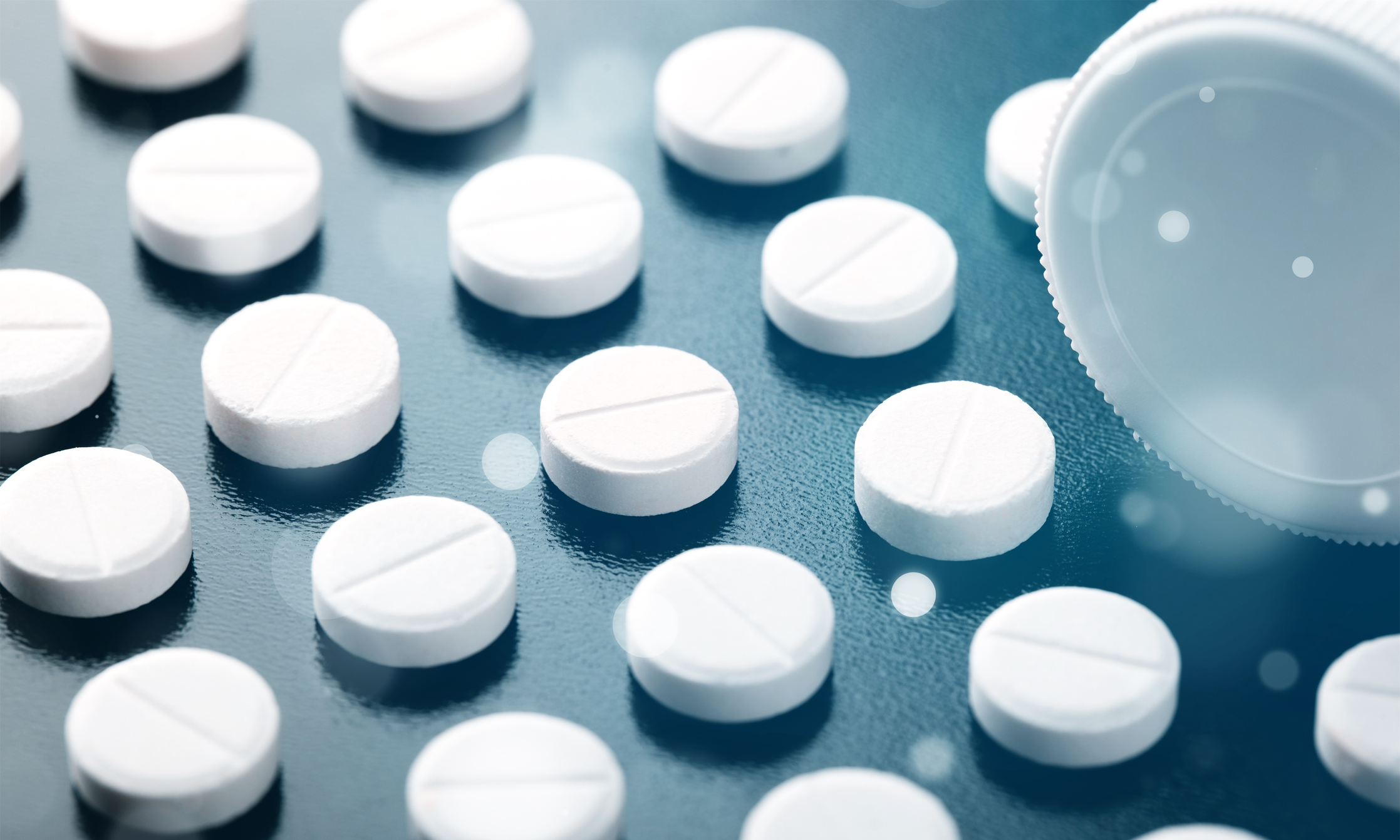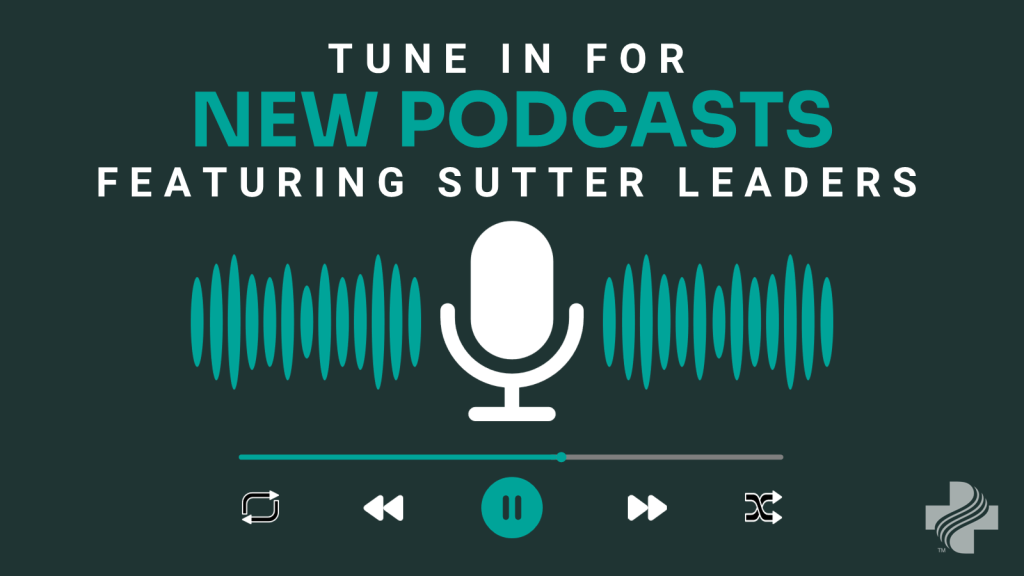The nationwide shortage of stimulant medications to treat ADHD has been going on for months, and it’s reportedly growing worse by the day. Neurologist Dr. Sarah Cheyette, who cares for patients within the Sutter Health system, recently spoke with NBC News about what can happen when people with attention-deficit/hyperactivity disorder can’t fill their prescriptions and what might be causing the scarcity.
Watch the NBC Nightly News with Lester Holt segment here.
Many of us rely on caffeine to wake up in the morning or get a boost of energy during the day. For people with ADHD, stimulants are much more vital. For these folks, medications like Adderall and Ritalin, are necessary to concentrate and focus. These prescription drugs also help people control impulsive behavior, ignore distractions and pay attention.
“Everyone is focused sometimes and not focused sometimes. It’s like you have a switch in your brain that goes between focused and not focused. The ADHD crowd, their brains work like everyone else, but their switch is on the not focused state too much of the time.”
The good news is that stimulant medications work extremely well and reduce the symptoms of ADHD in approximately 80% of people who take them. The bad news? There are no other medications or treatments that work as well as stimulants, stimulants only work when you take them and there is currently a national scarcity of stimulant medication.
“These medications must be taken every day, there is no residual amount in your body from yesterday’s pill for example, and yet there are limits on the quantity patients can pick-up from the pharmacy at one time, and limits on the quantity that manufacturers can make each year.”
That’s because stimulants are considered a controlled substance, which means they have the potential to be improperly used or are believed to be capable of causing substance use disorder. Dr. Cheyette believes the risk of misuse or abuse is very low, however. “When taken at therapeutic doses, as prescribed, my patients are not getting addicted to these medications,” she says.
What Dr. Cheyette does see happening is a sharp increase in the number of people diagnosed with ADHD as greater awareness and recognition of the condition, and its symptoms, has grown. This increase in demand is at odds with regulations that currently control the amount of active ingredients pharmaceutical companies can have to make these drugs and the volume they are allowed to produce each year. Dr. Cheyette points out that the limit on current supply, based on historical demand data, can leave patients with no available options.
“People who have undertreated ADHD have more car accidents, money problems, and higher rates of divorce, anxiety and depression,” notes Dr. Cheyette. “These are medications people depend on to function.”





